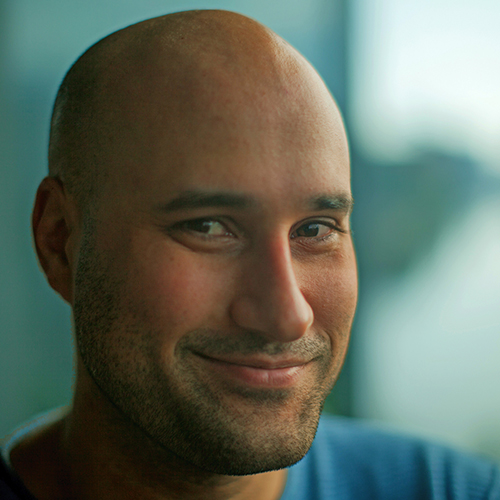Richard
Therapist, Counsellor, Psychologist talks
Psychological Labels.
I’m always I’m always hesitant to use a label about someone. And say that person’s an abuser and that person isn’t. And some people might be shocked to hear that you know you know because someone who’s nice to people and generous, never nasty one might so what what’s what’s this Richard Mills saying here. Or I’m not going to be an abuser. That person’s an abuser look what he’s done to that weak vulnerable person over there and I’m not saying that. That no one ever abuses anyone. Abuse happens and also there are there are zones where there’s no abuse. And that’s wonderful. So just let me finish this so yes I am I am willing to say well that person is being abusing is being abusive. Or I’m very hesitant to say that person is this and that person is that that person is a racist and that person is not. You know I like the kind of curiosity and the questioning approach about looking for any aspect of humanity in all of us to go back to what I was saying in the in another video perhaps about the wholeness of us all.
James
Presenter talks
Psychological Labels.
Building on what you just said you said that you wouldn’t you wouldn’t label someone with abuser. So what would you say and what’s your reason for not using a label like there?
Richard
Therapist, Counsellor, Psychologist talks
Psychological Labels.
Okay a good a good thank you for thank you for pinning me down on this because it it is important because I suppose if I were a journalist or a legal person solicitor or a police officer or social worker I would probably readily use that word. I say that person’s an abuser. That person’s a perpetrator you know. That person is a murderer. And that person isn’t a murderer.
James
Presenter talks
Psychological Labels.
It’s usually black and white with that stuff really.
Richard
Therapist, Counsellor, Psychologist talks
Psychological Labels.
So let’s say there’s definitely a place to use that language and what I’m saying is because I am who I am and did do this work so much and some so into this psychotherapy and counselling that I do I don’t come from that place because I don’t have a need to label anyone in my job. I don’t have a need to say with that person is racist and that person is a saint and that person’s an alcoholic. And that person not a addictive. That persons not an addict and that person is an addict you know I don’t have to I don’t have to do that.Well I have the luxury of being able to take time in a therapy session. In a reflective space to look at things from all angles. To sort through what’s true for people. To notice the someone might be abusive in one moment and loving in another.
James
Presenter talks
Psychological Labels.
Yeah. Oh right that’s why you don’t use the label. I guess that is the I guess like a lot of mental health it’s not black and white.
Richard
Therapist, Counsellor, Psychologist talks
Psychological Labels.
Now if you’re in a courtroom. You don’t you can’t operate like that. You yeah you have you’re just gonna try to go as I guilty or not guilty although an abuse or not you know and if you’re a social worker trying to work out whether you got to put someone on the list. At risk at risk of perpetrating abuse. You know you have to make a decision whether to put that one on the list or not and whether to say they’re an abuse or not whatever potential abuser. So you know the therapy is the therapy space. The therapy session fifty minutes and the continuing therapy process going each week to see the therapist is a special unique place where we don’t have to do this black and white. Tabloid newspaper thinking or social worker or police. You know all these places even though all these places have that things have that place it’s different here. We can start to acknowledge the truth as much as possible of who we are.
Copyright 2018 ACME Inc – Privacy Policy


Recent Comments